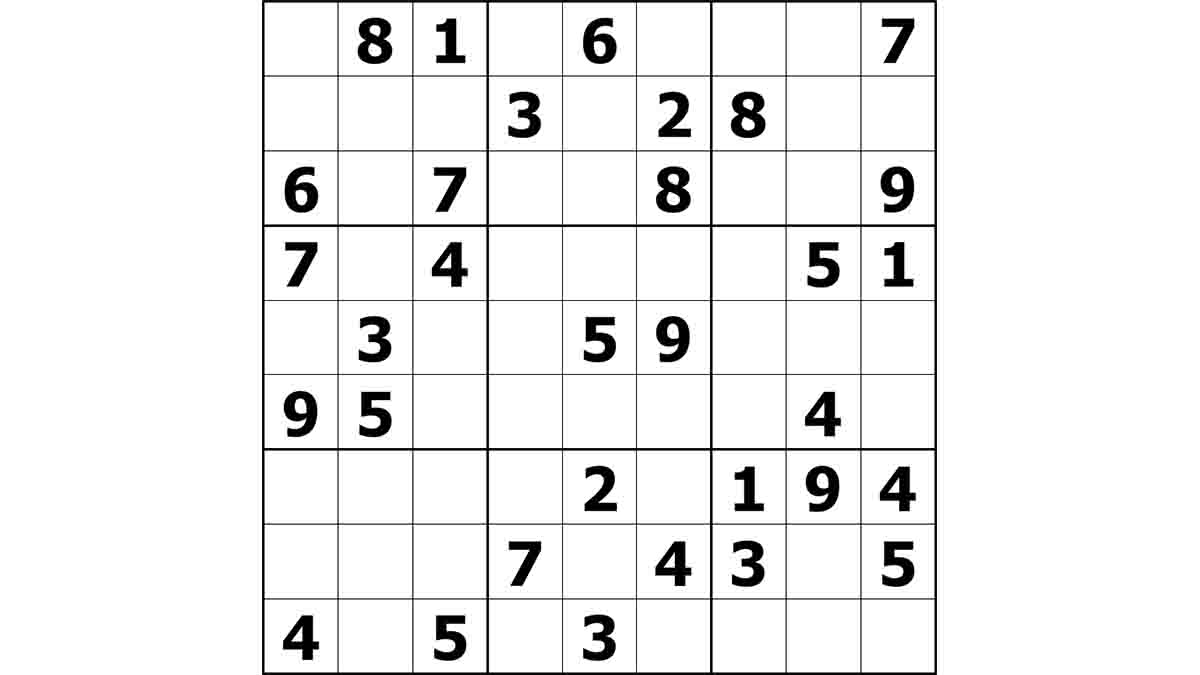Dialect vs. Accent is one of the hottest debates in the communications field.
If you’ve been to multiple places, you’ve certainly heard or come across an English accent or dialect that was unfamiliar to you.
However, because of their accent or dialect, you may have had trouble comprehending what they were saying!
Looking at the statements above, you will notice the usage of “Dialect” and “Accent”, the question here is “What is the difference between the two?” and “When is the best scenario to use each of them?”.
Thus, this article will compare “Dialect vs. Accent”, stating the differences and similarities between them.
Dialect vs. Accent
What is a Dialect?
A dialect is a collection of languages spoken in a certain geographic area or by a specific group of people.
It differs from the different types of languages. Dialects differ in grammar, vocabulary, and pronunciation.
Moreover, a dialect can influence a person’s location, social background, education, and employment.
Classifications of Dialects:
Dialects are classified into two categories:
- Standard
- Non-standard
A standard dialect is said to be a dialect that is approved and supported in an educational institution.
In contrast, non-standard dialects are dialects that are not approved and supported in educational institutions.
Dialect vs. Accent
What is an Accent?
The phonology of a language is what gives it its accent. It’s a distinctive manner of pronouncing words that people in a particular region or country use.
As an example, someone from Alabama, within the south people would have a Southern accent.
This implies that the way they pronounce a word is different from how a Northerner would pronounce it.
Furthermore, when a learner or student in an institution speaks the standard language, it is assumed that the speaker’s accent is not natural, as a dialect spoken elsewhere can alter an accent.
For example, if you meet someone speaking English with a French accent, you will notice that the pronunciation is not normal.
An accent is a type of dialect that is primarily concerned with pronunciation. The socioeconomic status, ethnicity, class, and maternal tongue are all factors that influence an accent.
Read this: LEQ (Meaning, Nature, Application skills, Scoring, Expert tips to writing)
Dialect vs. Accent: Difference Between Dialect and Accent
Definition:
- A dialect is a type of language spoken in a specific geographic region or by a certain group of people.
- Accent can be viewed as a phonology of a language or a style of pronouncing words.
Pronunciation:
- Differences in grammar, syntax, pronunciation, and vocabulary are all examples of dialect.
- Accent refers to the differences in pronunciation.
Order:
- Dialect may be a sort of a language.
- Accent may be a part of a dialect.
Associations/location:
- Dialect is primarily related to geographical location.
- Accent is related to geographical location (region), socioeconomic background, and status.
Dialect vs. Accent
Regional and Social dialects:
Another technique to classify dialects is based on the speaker’s forefathers and geographical location. When these factors are taken into account, dialects are frequently classed as regional dialects or social dialects.
Regional Dialects:
Regional dialects can be differentiated or noticed when you travel or visit a new environment or geographical area where a particular language is spoken.
Linguists also use this term to explain different geographical distributions of various linguistic features of a language.
Geographic or regional dialects are classified as the main widespread sort of differentiation.
Social dialects:
When a group of people from the same speech-related category congregates in one place or when a group of people cooperates and grows, social dialects can be distinguished or observed.
In other words, regional dialects can be described and separated by the physical location of the speakers within the location; it tells where the speakers come from.
While social dialects can sometimes be described and separated by the speakers’ lifestyles, which can tell who they are.
An example of some different accent
The canonical samples of different accents of the identical language are:
- Standard German and Southern German accents.
- American English and British English accents.
- Spanish accents as they’re spoken in Latin America and Spain.
How do accents develop?
Accents can easily mistaken for dialect differences. As a language spreads, its pronunciation and templet become slightly, and finally noticeably, different from place to place.
Everyone considers his or her native tongue to be normal, therefore varieties spoken abroad appear to be accents.
Dialect vs. Accent: How can I able to change my accent permanently?
Steps:
- At least five days a week, practice getting rid of your accent. It’s possible that “practice makes perfect” is a widespread adage for a reason.
- Speak slowly.
- Practice your rhythm.
- Read aloud.
- Record yourself.
- Stress the right syllables.
- Watch television and hear the radio.
Difference between Dialect and language
Normally, dialects of the same language are considered or capable of being understood and clear to the mind. In contrast, different languages seem not to be understood and clear to the mind.
In other words, speakers with closely related languages can sometimes still communicate to a specific extent when speaking to each other using their first language.
Thus, in more developed societies/countries, when the distinction between dialects and related languages is less problematic due to normal languages, the criteria of intelligibility is relative.
What are the areas of language development?
Dialectologists typically distinguish:
- Transitional areas that are found in the intersections of dialects and rarely incorporate features from surrounding dialects.
- Focus areas of a language that produce a lot of essential innovations – they’re the centers of economic and cultural activities.
A dialect becomes a standard language when it is widely used, acceptable, and simple to write in written form — literature, government papers, and contracts.
When the most powerful, wealthiest, and well-educated individuals adopt a linguistic variation, it becomes the model or style for others.
Moreso, educational institutions, glossaries, grammar, and government interventions should establish a new linguistic norm and eliminate the deviating ones.
Conclusion
There are so many languages spoken worldwide, which can cause more confusion between a dialect and an accent.
As illustrated above, the two terms are closely related but are still different.
Additionally, dialect is a way of using language and can be seen in two categories; standard and non-standard, while accents are a way of pronouncing words.
Awesome one; I hope this article answered your question.
Share this Information.
Editor’s Recommendations:
- How to Create a Balanced Plate: The Key to Healthy Eating
- How to Start a Virtual Book Club with Friends
- The Top Credit Score Hacks Every Young Adult Should Know
- The Pros and Cons of Rental Property as a Passive Income Stream
- Enhancing Your Clinical Psychologist Job Prospects with Professional Help
- The Impact of Graphic Design School on Your Future Earnings Potential
- 7+ College Scholarships for Muslim Students (FAQs)
- Flavor of the Month Scholarship 2024 (Requirements, FAQs)
- Vegetarian Scholarship (Requirement, Deadline, FAQs) | 2025
- John and Abigail Adams Scholarship 2022-2024 (Eligibility, Deadline)






